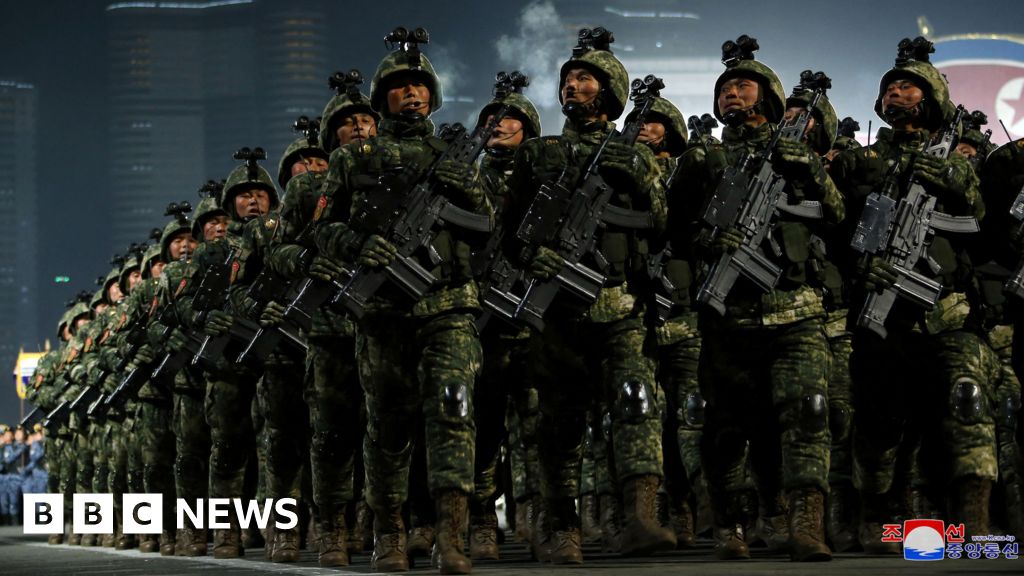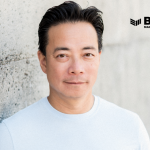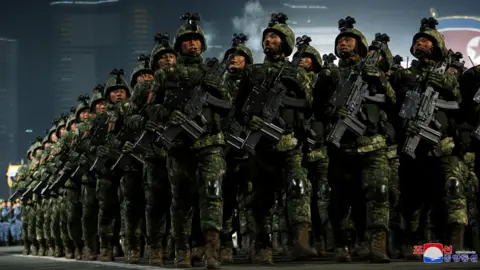 Reuters
ReutersWhat Haneul remembers most about his time in the North Korean military is the gnawing, continuous hunger. He lost 10kg in his first month of service, due to a diet of cracked corn and mouldy cabbage.
Three months into training, he says almost his entire battalion was severely malnourished and needed to be sent to a recovery centre to gain weight.
When they were later deployed as frontline guards to the border with South Korea, rice replaced corn. But by the time it reached their bowls, much had been siphoned off by rear units, and the remainder had been cut with sand.
Haneul says his unit was among the best-fed, a tactic to stop them defecting to South Korea. But it failed to prevent Haneul.
In 2012, he made a death-defying dash across the Demilitarised Zone (DMZ) – the strip of land dividing the North from the South.
His experience and that of other military defectors helps shed light on the condition of thousands of North Korean troops deployed to the frontline in Russia’s war against Ukraine.
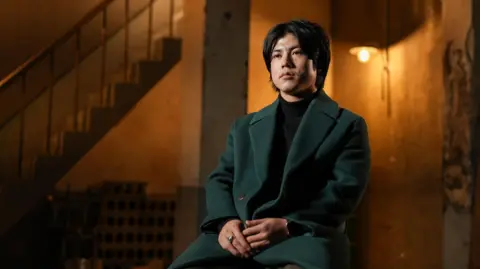 BBC/Hosu Lee
BBC/Hosu LeePyongyang has reportedly sent around 11,000 troops to help Russian forces reclaim part of its Kursk region taken by Ukraine in a surprise summer offensive.
Earlier this week, Seoul, Washington and Kyiv said said the soldiers had now entered the fight “in significant numbers”, and reported the first casualties, with South Korean officials estimating more than 100 had already been killed and more injured. This figure has not been confirmed.
However, defectors and other military experts have told the BBC these troops should not be underestimated.
According to South Korean intelligence, most belong to the elite Storm Corps unit, and have “high morale”, but “lack an understanding of contemporary warfare”.
Only the taller, sportier men are selected for the Storm Corps, says defector Lee Hyun Seung, who trained North Korea’s special forces in the early 2000s before defecting in 2014.
He taught them martial arts, how to throw knives and make weapons out of cutlery and other kitchen utensils.
But even though the Storm Corps’ training is more advanced than that of regular North Korean units, the soldiers are still underfed and even malnourished.
Online videos, reportedly of the troops in Russia, show younger, “frail” soldiers, Haneul says. They are a stark contrast to Pyongyang’s propaganda videos, where men are seen bursting out of iron chains and smashing blocks of ice with their bare hands.
During his entire time in the army, Haneul says he fired only three bullets in a single live-fire training session.
The closest he came to combat was when a hungry farmer stumbled into the DMZ looking for vegetables. Haneul says he ignored instructions to “shoot any intruders” and let the man go with a warning.
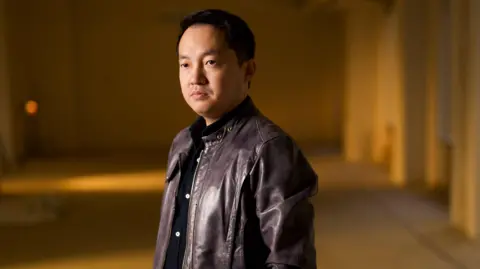 BBC/Hosu Lee
BBC/Hosu LeeIt is difficult to know how much has changed in the decade since Haneul defected, given the scarcity of information from North Korea. It appears that the country’s leader Kim Jong Un has directed much of his limited resources into missiles and nuclear weapons rather than his standing army.
But according to another soldier, Ryu Seonghyun, who defected in 2019, the first three years in the military are “incredibly tough”, even for the special forces. The 28-year-old, who worked as a driver in the air force for seven years, says that during his service, conditions deteriorated and rice gradually disappeared from meals.
“The soldiers are sent into the mountains for days with a small amount of rice, and are told it is part of their survival training.”
Given these troops have been trained to fight in the mountainous Korean Peninsula, the defectors question how well they will adapt to fighting on the flatlands and in the trenches of Kursk.
Crucially, the Storm Corps are not a frontline unit. “Their mission is to infiltrate enemy lines and create chaos deep within enemy territory,” Ryu says.
But, he adds, Kim Jong Un has no alternative to sending special forces, as regular soldiers spend most of their time farming, building or chopping wood.
“Kim Jong Un had to send men who could demonstrate at least a certain level of combat ability, to avoid damaging North Korea’s reputation in Russia.”
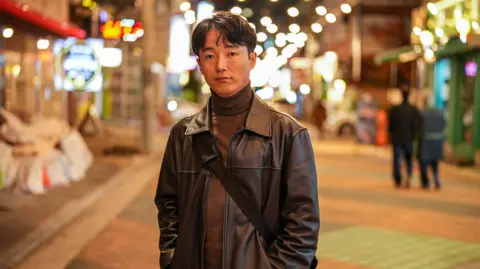 BBC/Maxine Collins
BBC/Maxine CollinsThe language barrier seems to have created an additional hurdle. On Sunday, Ukraine’s defence intelligence unit said communication issues had resulted in North Korean soldiers accidentally firing on a Russian battalion, killing eight.
With these assessments, it could be easy to dismiss the troops as “cannon fodder” and a sign of Russian President Vladimir Putin’s desperation. But that would be a mistake, the defectors say. Their loyalty to the regime and fighting spirit will count for a lot.
“Most of the soldiers in the Storm Corps come from working-class or farming families, who are highly obedient to the party and will follow orders unquestionably,” says Haneul, whose father and cousin were in the special forces.
Intense, ideological “brainwashing” sessions, held every morning, will further ensure they are mentally ready, Lee adds. He believes the North Korean troops “will become accustomed to the battlefield, learn how to fight the enemy, and find ways to survive”.
Although the soldiers will not have been given a choice over whether to be deployed, Ryu thinks many will have wanted to go. The ambitious will see it as an opportunity to advance their careers, he says.
And given how tough it is to serve in North Korea, some will have relished the chance to experience life abroad for the first time.
“I think they’ll be more willing to fight than Russian troops,” he adds, admitting that in their situation, he too would have wanted to be sent.
Chun In-bum, a former commander of South Korea’s special forces, agrees with the defectors’ appraisals. “Just because they lack food and training, does not mean they are incapable. They will acclimatise quickly. We should not underestimate them.”
While 11,000 troops are unlikely to turn the tide of such an attritional war – it is estimated Russia is suffering more than a thousand casualties a day – experts and officials believe this could be just the first tranche, with Pyongyang potentially able to send up to 60,000 or even 100,000 if they are rotated.
In these numbers, Mr Chun believes they could end up being effective.
Also, Kim Jong Un will be able to shoulder big losses without affecting the stability of his regime, the former soldiers say.
“Those who have been sent will be men without influence or connections – to put it bluntly, those who can be sacrificed without issue,” Haneul says.
He remembers being shocked to learn there were no children of high-ranking parents in his frontline unit: “That’s when I realised we were expendable.”
He does not expect much resistance from the families of the deceased, whose sons, he says, will be honoured as heroes.
“There are countless parents who have lost a child after sending them to the military,” he adds, recalling his second cousin who died. His aunt received a certificate, praising her son for his heroic contribution.
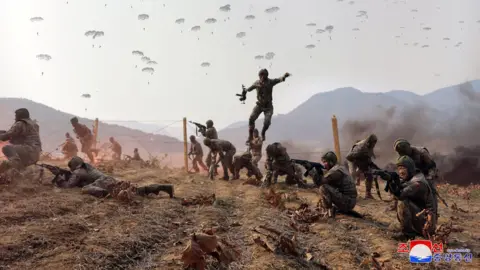 Reuters
ReutersThe loyalty of the soldiers and their families could blunt Ukrainian and South Korean hopes that many will simply defect once they enter the fight. Kyiv and Seoul have discussed conducting psychological operations along the frontline to encourage the men to surrender.
But it seems they do not have access to mobile phones. According to Ukrainian intelligence, even Russian soldiers’ phones are seized before they encounter North Korean troops.
So, possible infiltration strategies include broadcasting messages through loudspeakers or using drones to drop leaflets.
Both Ryu and Haneul decided to defect after reading anti-regime propaganda sent across the border from South Korea. But they are doubtful this would work so far from home.
They say it takes a long time to build up the desire and courage to defect.
Furthermore, Haneul suspects the officers will have been ordered to shoot anyone who attempts to flee. He remembers his comrades opening fire as he made his daring sprint across the DMZ.
“Twelve bullets flew just a metre over my head,” he says.
Even capturing the North Korean troops may prove challenging for Ukraine.
In the North, being a prisoner of war is considered extremely shameful and worse than death. Instead, soldiers are taught to take their own lives, by shooting themselves or detonating a grenade.
Ryu recalls a famous military song entitled Save the Last Bullet. “They tell you to save two bullets, one to shoot the enemy and one to shoot yourself.”
Nevertheless, the former special forces trainer Lee is determined to help. He has offered to go to the frontline to communicate directly with the soldiers.
“It’s unlikely they will defect in large numbers, but we have to try. Hearing familiar voices like mine, and others from North Korea, might impact their psychology,” he says.
Haneul just hopes they get home to North Korea. He knows there is a chance some of his relatives are among the troops sent to help Russia.
“I just hope they make it through and return safely.”
Additional reporting by Jake Kwon and Hosu Lee
